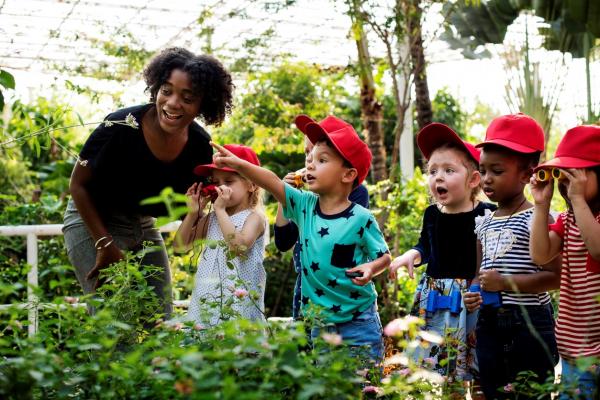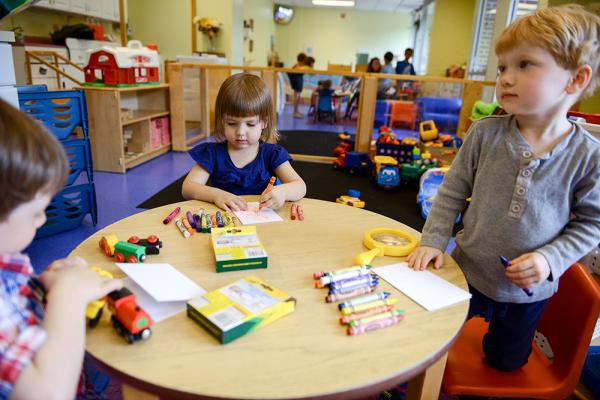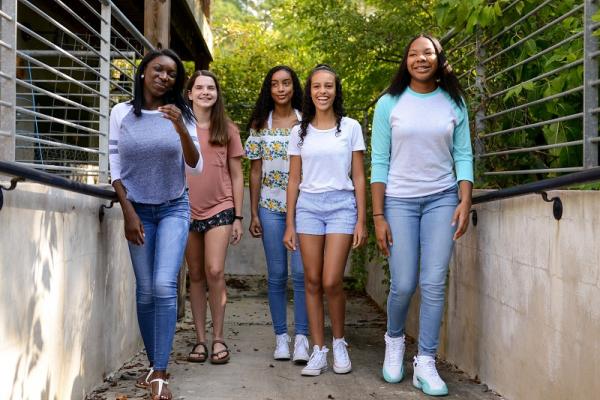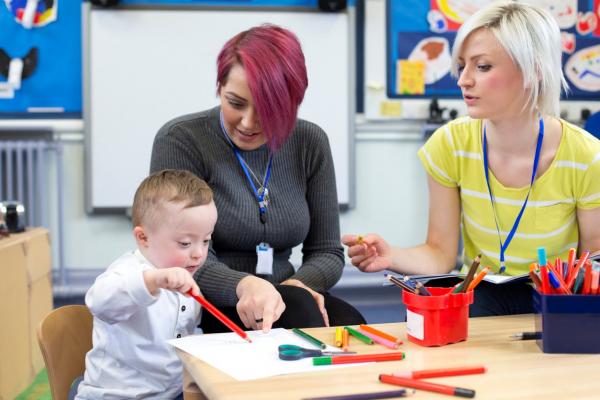The Frank Porter Graham Child Development Institute (FPG) is one of the nation's oldest and largest multidisciplinary centers devoted to the study of children and families. Our researchers, implementation and technical assistance specialists, staff, and students work on projects related to developmental disabilities; physical, social, and emotional health; early care and education; early intervention and special education; disparities in education and learning; and more to address important issues facing children and families. Our work spans many disciplines from education and psychology to social work and public health.
We use the information gleaned from our research to enhance policy and improve practice; we are committed to sharing the information we generate with the public and to supporting professionals’ understanding and use of evidence-based practices. Click on the boxes below to learn more about each of our areas of expertise and the work we conduct within them.







